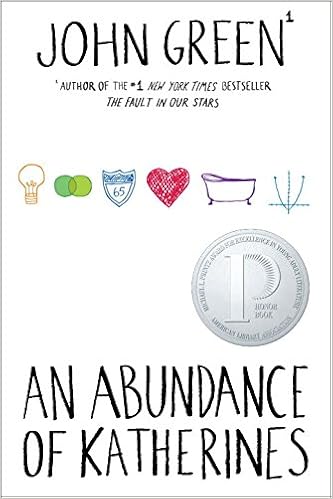Tuesdays with Morrie Aphorism Project
It is no secret that the novel Tuesdays with Morrie contains a surplus amount of sentiments that could be considered "inspirational". Whether it is a quote from Morrie, Mitch, or any other character, readers, such as I, can find ourselves fascinated beyond comprehension. However, one subset of quotes exist within the memoir that a majority of us can agree as immensely memorable, and they are Morrie's aphorisms. From “The most important thing in life is to learn how to give out love, and to let it come in" (52) to "Once you learn how to die, you learn how to live" (91), there was an abundance of aphorisms that could've been the center of this project, and I had chosen mine, or the aphorism, "Love is the only rational act" (52). In this blog, I plan to cover my thoughts on this aphorism, it's meaning, and how it connects to many other facets of life.
When this aphorism came about, I was curious as to what Morrie had meant by this. Of course, is was before I started to analyze it further, but still, I knew that it had a much deeper meaning than others. I then started to put my mind to work, and discovered it's meaning. "Love is the only rational act" implies that if an act isn't done out of love, compassion, or empathy, then it could be considered irrational. Many others would consider, for example, saving an animal from a fire, or helping a child with their homework rational, but if these acts are done solely out of anything other then a certain sense of empathy/sympathy towards them, then they are anything but rational, no matter who you are. My poster also tries to convey a similar message. Each human in the illustration seems to be at peace with each other while they admire the sentiment, and despite their differences, they are performing a rather rational act.
While analyzing the aphorism, not only was I able to navigate it's meaning, but also a connection to a popular tv show episode of The Simpsons. In this episode, Homer Simpson becomes part of a vigilante justice group in Springfield, which required him to physically harm those "up to no good". At first glance, the acts Homer had done seemed done out of love for his town, but he began to misuse his power, for he would harm anyone at later points just to gain power. This is what makes his acts irrational. He did not assault others out of love for his city, but more so a desire for power, which perfectly relates to this aphorism.
After analyzing the aphorism, I have found myself in close agreement with it. The foremost reason I agree with it is because of my previous thoughts. Because the aphorism implies that only rational acts are done out of love, which got me thinking about what acts I personally considered rational. Unsurprisingly enough, each one could be done out of love. This is what encouraged me to agree with this aphorism.
My aphorism: You learn more from you're immoral acts than your moral acts
When this aphorism came about, I was curious as to what Morrie had meant by this. Of course, is was before I started to analyze it further, but still, I knew that it had a much deeper meaning than others. I then started to put my mind to work, and discovered it's meaning. "Love is the only rational act" implies that if an act isn't done out of love, compassion, or empathy, then it could be considered irrational. Many others would consider, for example, saving an animal from a fire, or helping a child with their homework rational, but if these acts are done solely out of anything other then a certain sense of empathy/sympathy towards them, then they are anything but rational, no matter who you are. My poster also tries to convey a similar message. Each human in the illustration seems to be at peace with each other while they admire the sentiment, and despite their differences, they are performing a rather rational act.
While analyzing the aphorism, not only was I able to navigate it's meaning, but also a connection to a popular tv show episode of The Simpsons. In this episode, Homer Simpson becomes part of a vigilante justice group in Springfield, which required him to physically harm those "up to no good". At first glance, the acts Homer had done seemed done out of love for his town, but he began to misuse his power, for he would harm anyone at later points just to gain power. This is what makes his acts irrational. He did not assault others out of love for his city, but more so a desire for power, which perfectly relates to this aphorism.
After analyzing the aphorism, I have found myself in close agreement with it. The foremost reason I agree with it is because of my previous thoughts. Because the aphorism implies that only rational acts are done out of love, which got me thinking about what acts I personally considered rational. Unsurprisingly enough, each one could be done out of love. This is what encouraged me to agree with this aphorism.
My aphorism: You learn more from you're immoral acts than your moral acts



